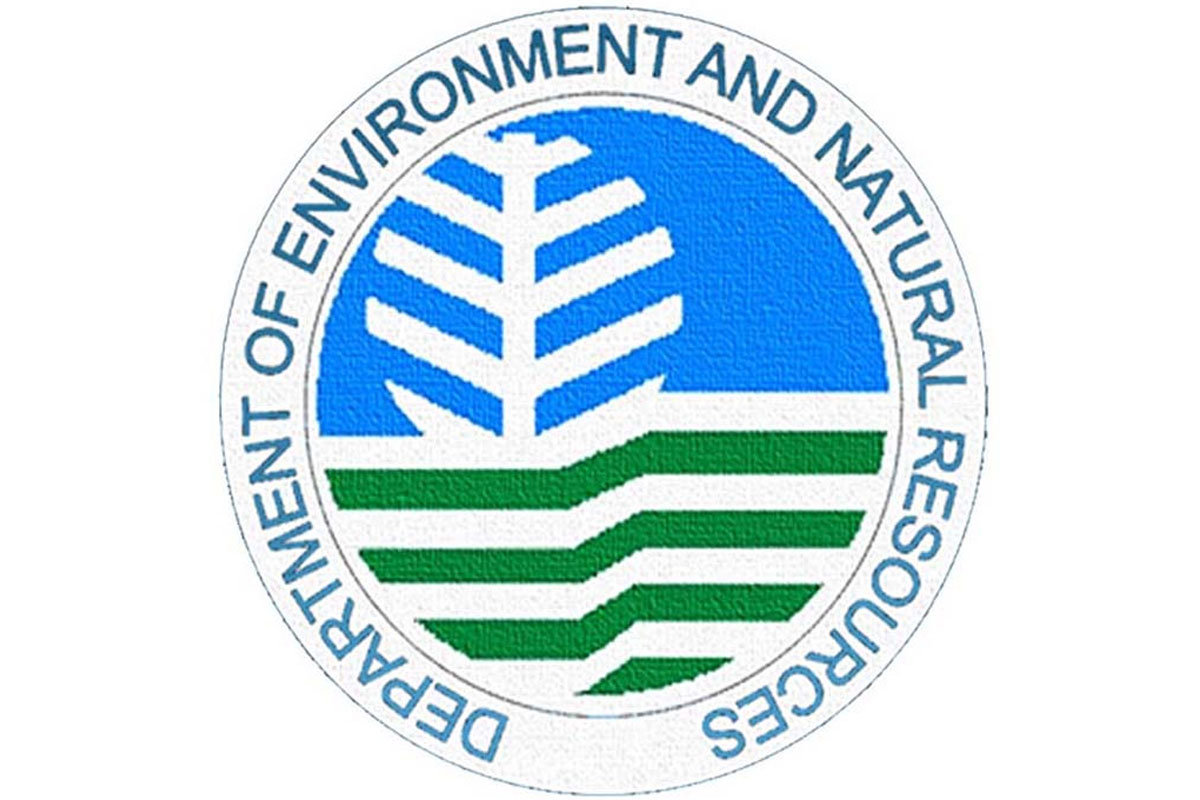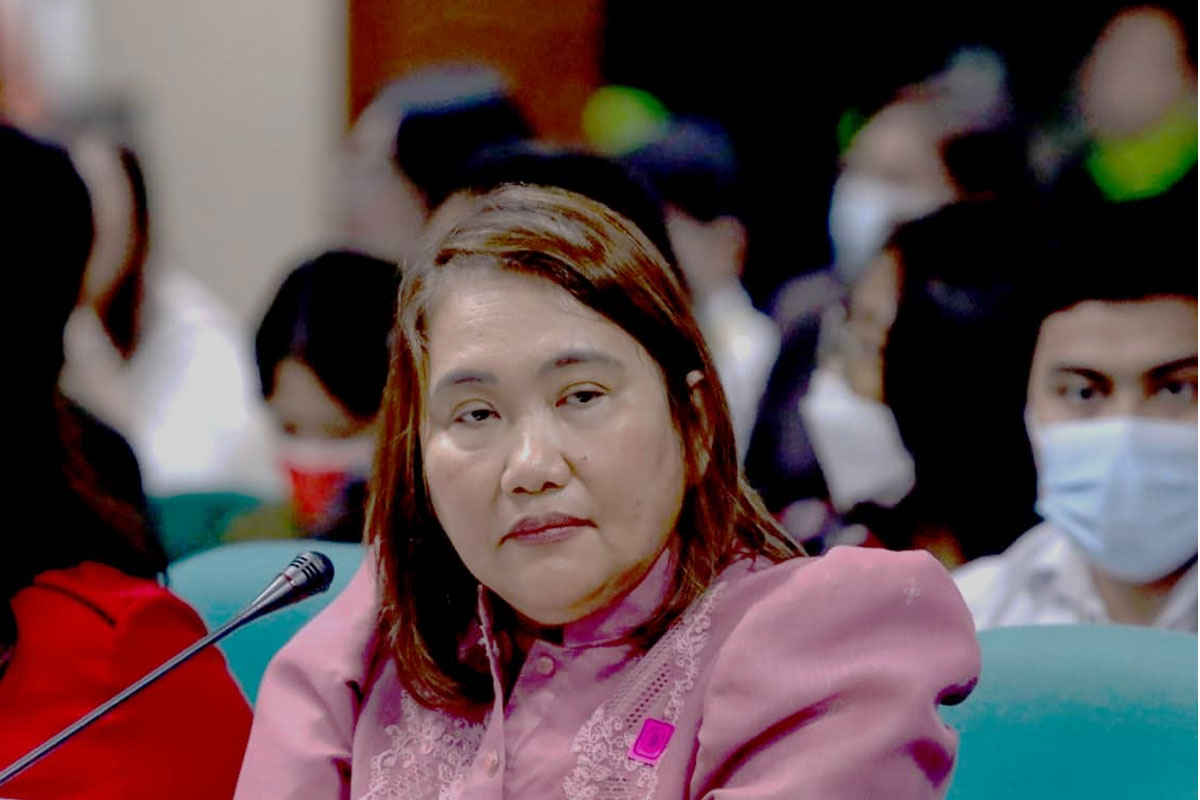
INFLATION DOWNTREND
THE National Economic and Development Authority (NEDA) assures the public that the government is committed to continue addressing the root causes of high food prices as inflation eased further in March 2023.
The Philippine Statistics Authority (PSA) reported today that inflation in March slowed down to 7.6 percent from 8.6 percent in February, lower than analysts’ forecasts for the month.
The downtrend is due to the deceleration of food and transportation costs. Food inflation decelerated to 9.5 percent in March, compared to 11.1 percent in the previous month. This can be attributed to a slowdown in the price increases of vegetables (20% from 33.1%), meat (4.6% from 6.5%), and sugar (35.2% from 37.0%).
The PSA also reported slower inflation in electricity (11.7% from 15.5%). Additionally, there was a reduction in the cost of private transportation (-5.6% from 6.2 percent) as the prices of diesel, gasoline, and LPG dropped.
NEDA Secretary Arsenio M. Balisacan said that while inflation is beginning to slow down, it remains the most pressing issue that the government must monitor and urgently address.
“Protecting the purchasing power of Filipinos, especially the most vulnerable sectors of the economy, is one of the top priorities of the administration, which we have also laid out in the Philippine Development Plan 2023-2028. We are committed to provide policy advice and anticipatory recommendations that are supported by data to manage inflation and protect the Filipino families,” he said.
On March 7, 2023, President Ferdinand R. Marcos Jr. approved the creation of the Inter-Agency Committee on Inflation and Market Outlook. The committee functions as an advisory body on strategies to alleviate inflation and ensure food and energy security, while balancing the interests of domestic food producers, consumers, and the broader economy.
Balisacan said that the inflation outlook remains vulnerable to upward risks due to global supply uncertainties, impending wage adjustments, and increases in service fees.
The Inter-Agency Committee on Inflation and Market Outlook promptly convened to establish coordination mechanisms for data gathering, assessment, and monitoring of supply and demand conditions that exert inflationary pressures.
“By streamlining data collection, the government can share a common understanding, particularly regarding data that can inform public policy and aid in the monitoring and management of inflation,” Balisacan said.
Balisacan stated that that the committee’s objective is to offer proactive policy recommendations regarding emerging threats to food supply, such as the potential escalation of African Swine Fever (ASF) and the weather disturbances linked with the El Niño phenomenon.
“We need a robust monitoring system and forecasting tools supported by reliable and timely information that will assist us in offering appropriate recommendations to the President and the Cabinet. These will help us in developing suitable policies and interventions to achieve food and energy security, while ensuring that our country stays on course to sustained economic transformation and inclusive growth,” he said.

















